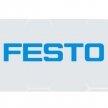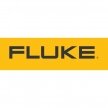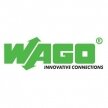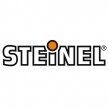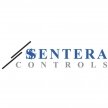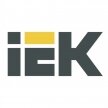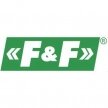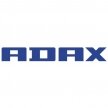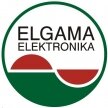-
Product Catalog
- Security and Surveillance Systems
- Automatic Circuit Breakers for Direct Current (DC) Circuits with Integrated Overload, Short-Circuit, and Voltage Stabilization Protection Functions
- Lighting with the help of electrical energy
- Automation and Control Systems
- Sealing profiles | rubber | gaskets | strips
- Inflatable Liquid Storage Tanks | Reservoirs | Bladders
- Inflatable rubber plugs for sealing high-pressure plumbing pipes
- Electrical distribution and installation
- Solar Energy Generation and Management Equipment
- HVAC control solutions for heating and ventilation.
- Special products and accessories
- Other products
- Safety tools
- Quality used products
Accessories for heating systems
-
Read more
Controllers, as heating system accessories, are essential components that ensure effective, reliable, and economical management of the heating process. These devices allow for automatic regulation of the heating system's operation in response to environmental conditions and user needs.
Key Features:
Adjustment: Controllers enable the adjustment of the heating system's temperature according to set parameters. This can be done manually or automatically, taking into account the air temperature or other factors.
Programmable Settings: Most modern controllers have the ability to set different temperature programs for day and night periods. This allows for the optimization of energy use and reduction of costs.
Remote Control: Many controllers are equipped with remote control functions, allowing the heating system to be managed using smartphones or computers. This provides the ability to control the system from anywhere.
Interfaces with Other Devices: Controllers can be integrated with other heating devices, such as thermostats, circulation pumps, or solar collectors, allowing for more efficient management of the heating system and optimization of energy use.
Safety Features: Most controllers have safety features, such as overheating or over-temperature detectors, which help ensure the safe operation of the heating system and protect it from potential failures.
Applications:
Management of centralized heating systems.
Optimization of underfloor heating systems.
Integration of wind, solar, or geothermal heating systems.
Installation of heating systems controlled by smart home automation systems.
Advantages:Efficiency: reduces energy costs by optimizing the heating process.
Convenience: remote control allows management of the heating system from anywhere and at any time.
Flexibility: ability to program different heating schedules based on individual needs.
Disadvantages:Dependence on electricity: without power, controllers cannot operate.
Potential for technical failures: like any electronic device, controllers can fail, which may disrupt the heating system.
Controllers are essential accessories for heating systems that ensure comfort, efficiency, and energy savings. When properly selected and installed, they can significantly improve the quality of the heating process and reduce costs.No items found.
US IN SOCIAL NETWORKS



